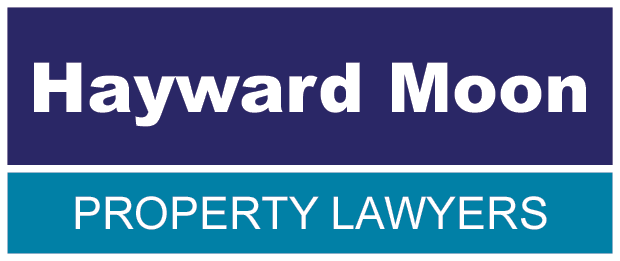Qualified titles are rare and are granted when the title documents submitted to the Land Registry are subject to certain reservations or are identified as having some defect that cannot be disregarded.
Although qualified title is similar to absolute title, the Land Registry’s guarantee in this case will not apply to the defect in consideration.
Some examples are:-
· When a title submitted for registration has evidence of a breach of a Trust, a qualified title may be granted. In these circumstances, the proprietor would take ownership in the land subject to the interests of any of the beneficiaries under the Trust.
· Where there has been non-compliance with planning conditions. On a newly built property where the planning conditions have not been met, there is a risk of enforcement action from the council. This may result in a qualified title class being granted when the property is first registered
· Where there has been a boundary dispute. For example, if a neighbour claims to have purchased part of the garden from a previous owner but are unable to provide any documents to evidence this, the title may be downgraded to a qualified title because the neighbour could later find and produce evidence of the purchase and claim the disputed part of the land.
You can only upgrade a qualified title if you can provide additional evidence to the Land Registry that the reason the qualified title was granted in the first place has been remedied.
Whether or not you can obtain a mortgage for the purchase of a property with qualified title will be at the lender's discretion and will depend on the level of risk associated with the qualifying issue. If the lender considers that the qualified title will prevent them from recovering their monies in the event of repossession, they might refuse to lend. If they do lend on the property, the greater their risk, the less favourable the mortgage terms are likely to be.
Good Leasehold
Good leasehold title applies only to leasehold interests. Good leasehold title is granted when the Land Registry decides the freehold title or headlease has not been satisfactorily deduced. Often this is when the freehold title is unregistered and the deeds are missing.
Good leasehold title is only acceptable to the majority of lenders in limited circumstances.
A lender might accept an indemnity policy now, but it might not in the future and all lender’s requirements will vary.
Whilst an indemnity policy can be obtained, it does not resolve the underlying issue.
Indemnity insurance protects you (and your lender) against:
- Losses, including damages and compensation awarded against you;
- Difference in market value;
- Cost of court-ordered works;
- Cost of settling out of court (as agreed with insurer); and
- Other related costs and expenses.
You cannot obtain good leasehold title indemnity insurance if there is already a challenge to the freehold.
If the freehold is already being challenged, you are unlikely to be able to obtain a mortgage on the property.
A good leasehold title can be upgraded to title absolute. However, this is dependent upon the production of documents which prove the freeholder or landlord’s right to the freehold.
Please note this article is provided for general information purposes only to clients and friends of Hayward Moon Limited. It is not intended to impart legal advice on any matter. Specialist advice should be taken in relation to specific circumstances. Whilst we endeavour to ensure that the information in this article is correct, no warranty, express or implied, is given as to its accuracy, and Hayward Moon Limited does not accept any liability for error or omission.



